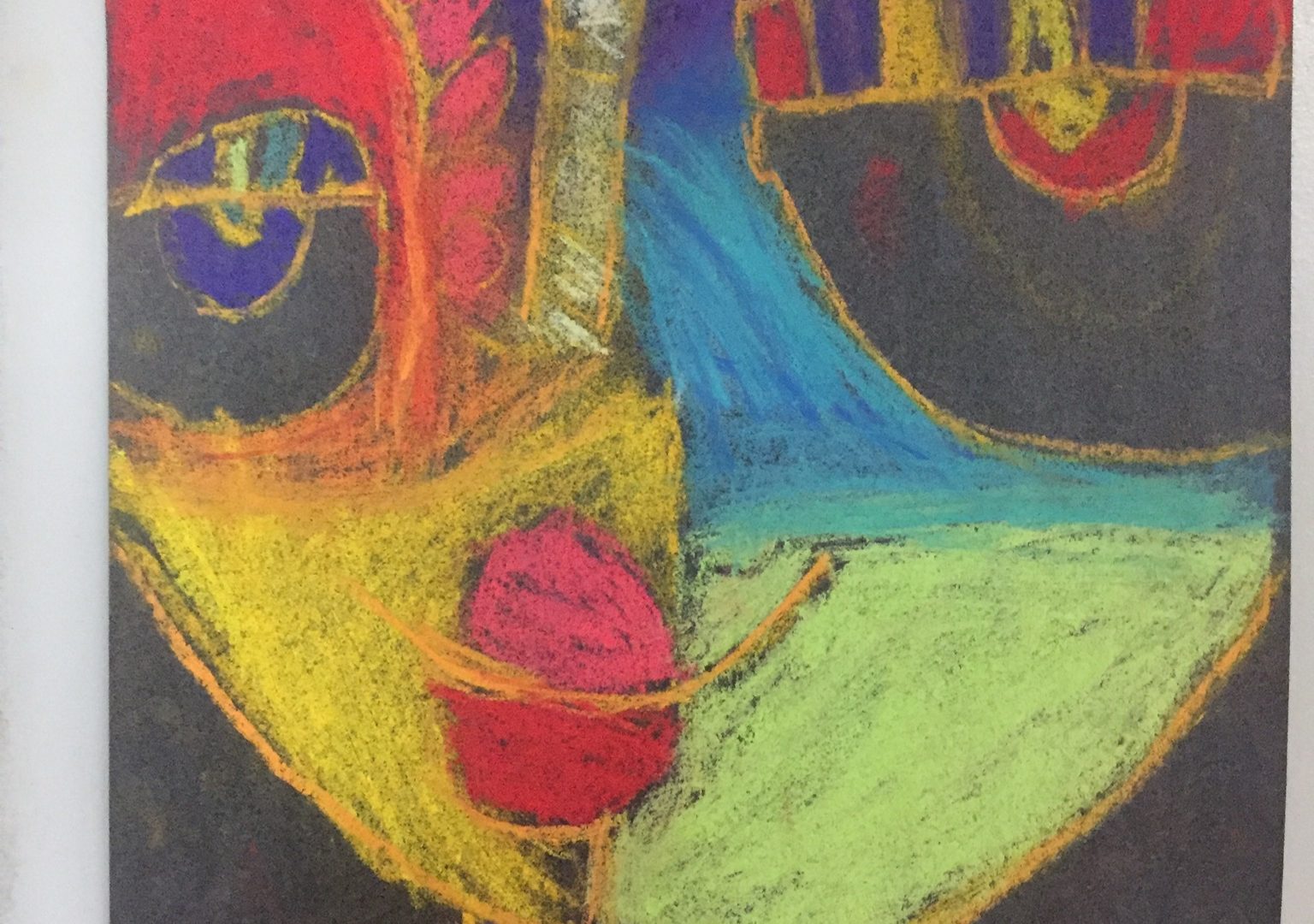1930s Georgia, the heart of the South,
A young boy learns what the world’s about.
He can’t play in parks; those are for whites only.
He can only go to a few restaurants or see the new movie.
That’s segregation, it’s the law, and that
Means different schools and areas for whites and blacks.
And he has a white friend who, on one day
He says, sorry, but my dad won’t let us play.
Anger begins to boil under Martin’s skin.
He feels his dignity crushed by the world that he’s living in,
But he’s not giving in; he’s studying, debating,
Follows his dad’s choice of an occupation,
Becomes a minister, a leader in the church.
And the young Reverend King gets to work.
In Montgomery, Alabama, where Rosa Parks,
Is the spark that ignites the fight for civil rights,
She refuses to move to the back of the bus,
Even though the law says that black people must.
She’s arrested. This is the act that the King needs
To stand up and fight for equality.
He leads a bus boycott in Montgomery,
Black folks refuse to ride, and it hurts the economy.
See, people might ignore your speeches and songs,
But they tend to pay attention when their money is gone.
The boycott lasted over a year, making news, and
King becomes a leader in the Civil Rights Movement.
Civil rights are rights that every person should have,
But those rights had been denied to blacks,
And that’s why Dr. King says,
So even though we face the difficulties of today and tomorrow,
I still have a dream.
It is a dream deeply rooted in the American dream:
That all men are created equal.
King was a leader, so he offered guidance
And preached the practice of nonviolence
With boycotts, marches, and sit-ins,
Peacefully protesting to get people to listen.
The opposition wasn’t peaceful in the least,
When the local police came with dogs on a leash,
And they’d open up the fire hose on those in the streets.
Americans watched the horror play out on TV.
King remembered what Jesus taught, that the remedy
For hate is not hate, but love for your enemy.
So, he kept on, and in 1963
Led the March on Washington, DC.
There, he gave his most famous speech,
Where he told the world, “I have a dream…”
Of a nation where his children wouldn’t be judged
By the color of their skin but by the content of their character.
This plea resonated in America,
And new laws helped break down some barriers.
Then, in 1968, a white man
With hatred in his heart and a gun in his hand,
Shot and killed Dr. Martin Luther King.
The nation mourned and wondered what the future would bring.
The future is now if King were there with you
Would you tell him his dream came true?
“I have a dream that one day, one day right there in Alabama, little black boys and black girls will be able to join hands with little white boys and white girls as sisters and brothers. I have a dream today! This is our hope, this is the faith that I go back to the South with. With this faith, we will be able to work together, to pray together, to struggle together, to go to jail together, to stand up for freedom together, knowing that we will be free one day. This will be the day, this will be the day when all of God’s children will be able to sing with new meaning: “My country ’tis of thee, sweet land of liberty, of thee I sing. The land where my fathers died, land of the pilgrim’s pride, from every mountainside, let freedom ring!” And if America is to be a great nation, this must become true. When all of God’s children, black men and white men, Jews and Gentiles, Protestants and Catholics, will be able to join hands and sing in the words of the old Negro spiritual: Free at last! Free at last! Thank God Almighty, we are free at last!”
- Source: Rohaniyah, Jaftiyatur. “SPEECH ANALYSIS: “I HAVE A DREAM” – MARTIN LUTHER KING Jr. (Stylistical Approach).” 2013, https://doi.org/10.19105/ojbs.v7i1.438.
- Abdus-Sabur, Qadir. “ESTABLISHING UTOPIAN AMERICA Significance of Black History Month.” Muslim Journal, vol. 47, no. 20, 2022, p. 11.
- . “MLK’s Words Still Powerful.” Columbian, vol. , no. , 2023, p. B.5.
- Rohaniyah, Jaftiyatur. “SPEECH ANALYSIS: “I HAVE A DREAM” – MARTIN LUTHER KING Jr. (Stylistical Approach).” 2013, https://doi.org/10.19105/ojbs.v7i1.438.
- Essay on “I have a Dream” – Dr King – Free Online Research Papers. https://freeonlineresearchpapers.com/essay-i-have-a-dream/
